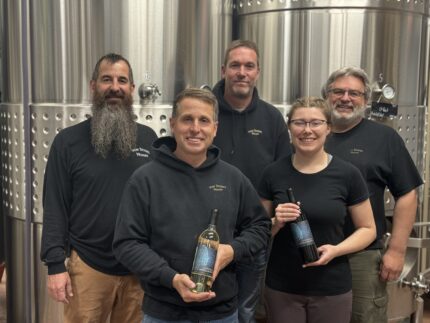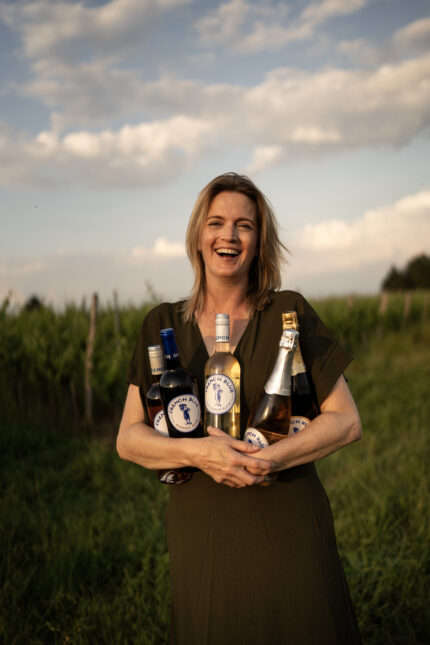It all started for the Fetzer family after tasting produce from the gardens of a biodynamic farmer. Because the produce was astoundingly better, the family decided if they mirrored flavors in the garden to the vineyard – reflecting soil health and diversity in planting – their organic grapes would do the same.
In my conversation with Joseph Brinkley, the director of regenerative farming, we talked about all the pioneering decisions the company made and how much these certifications mean for the health of the planet. Brinkley is responsible for the education, outreach and advocacy supporting the wineries’ responsible practices to the land, people, and product.
Fetzer Vineyards, one of the top organic wineries in the United States, recently announced its name change to Bonterra Organic Estates, to better reflect its commitment to regenerative organic farming, responsible business practices and environmental stewardship. The change includes the corporation, the Mendocino vineyards and winery, as well as Fetzer, 1000 Stories, and Bonterra brands.
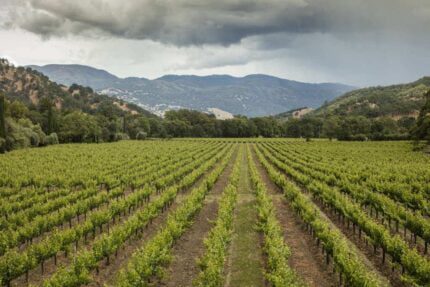
I talked with Joseph about the importance of true organic farming and of leaving the world in a better place than when you got there. He believes there is a level of responsibility to make the soil better, respect animals and improve the lives of farmers. It’s about sequestering carbon, building healthier communities, and making the best wine possible.
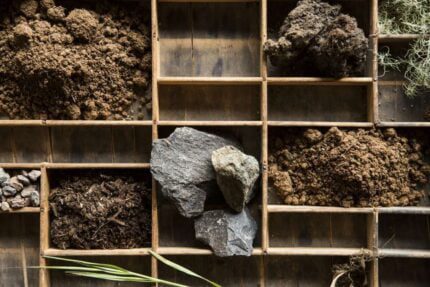
“It’s about transformative goals of making the planet better,” he said. And most importantly he talked about how this process never ends and the progress you make is continuously measured by someone else. He added, “it takes a commitment.”
In 2021, Bonterra achieved Regenerative Organic Certification (ROC) demonstrating the highest levels of adherence to soil health, animal welfare, and social fairness. It is the world’s largest winery to obtain ROC certification. I had a chance to follow the six years of transformation at Troon Winery, which was the second winery to receive the certification and it requires process, checkpoints and most importantly, accountability. Continuing this certification requires fees, continued reporting of progress and a track record of following the processes.
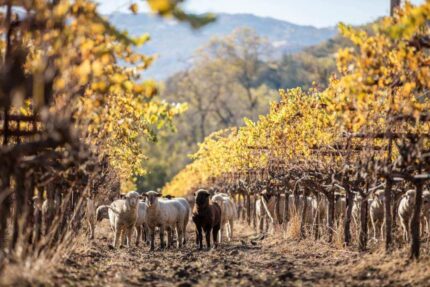
And we talked about why consumers should care. “We don’t know what clean air and clean water costs until it’s gone,” Joseph said. “How we treat the land is what we want the environment to be like in the future.” And consumers seem to agree. In the Global Sustainability Study 2021*, conducted by Simon-Kucher & Partners, it is revealed more than a third of global consumers are willing to pay more for sustainable products. It’s further proved with sales of organic wine continuing to grow. In 2020, they grew by 17.6% year over year, reaching $373 Million, according to the 2021 Organic Trade Association Industry Report.
It’s about having ethical and responsible businesses practices with the transparency consumers can trust. It’s about having an amazing product, at a high quality and at a great price point. In return, the consumers should vote with their dollars and contact policy makers to change things that don’t resonate with their personal ethos in the short and long-term.
Joseph believes farming can be a solution on how to improve the environment and impact climate change. “Regenerative farming is not a buzzword,” he said. “Ultimately how we are stewards of the land impacts the full cycle of farming and the health of our future.”

